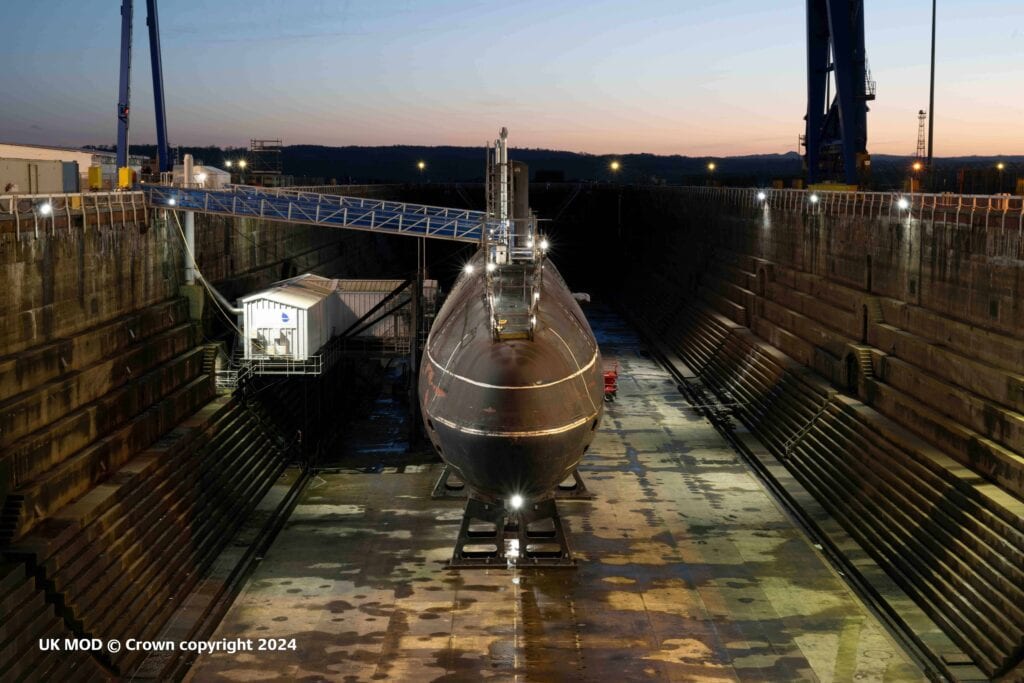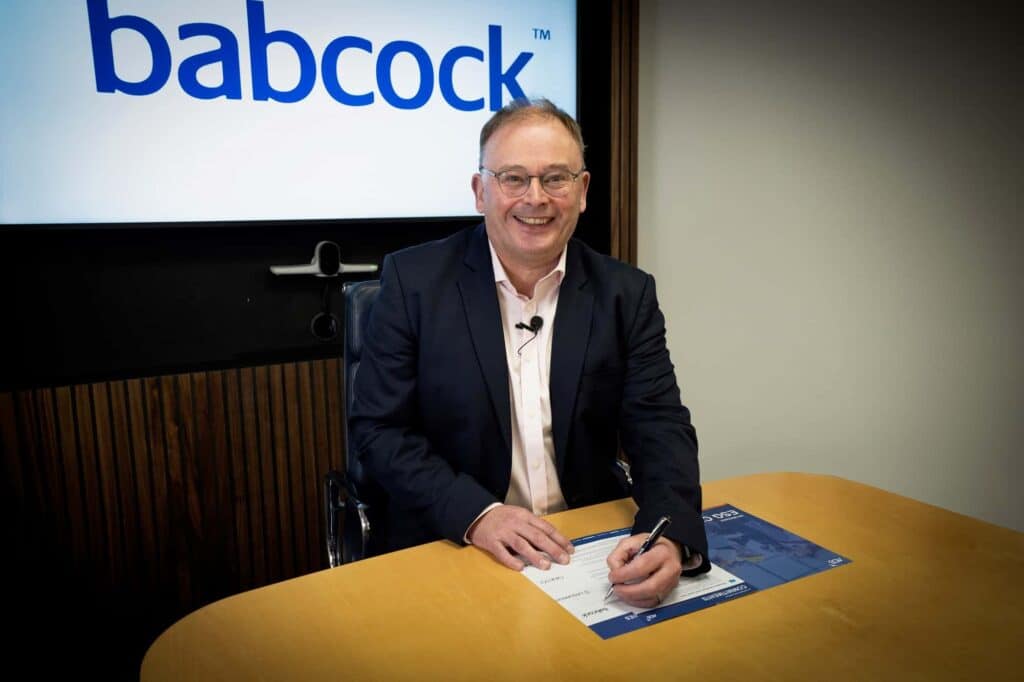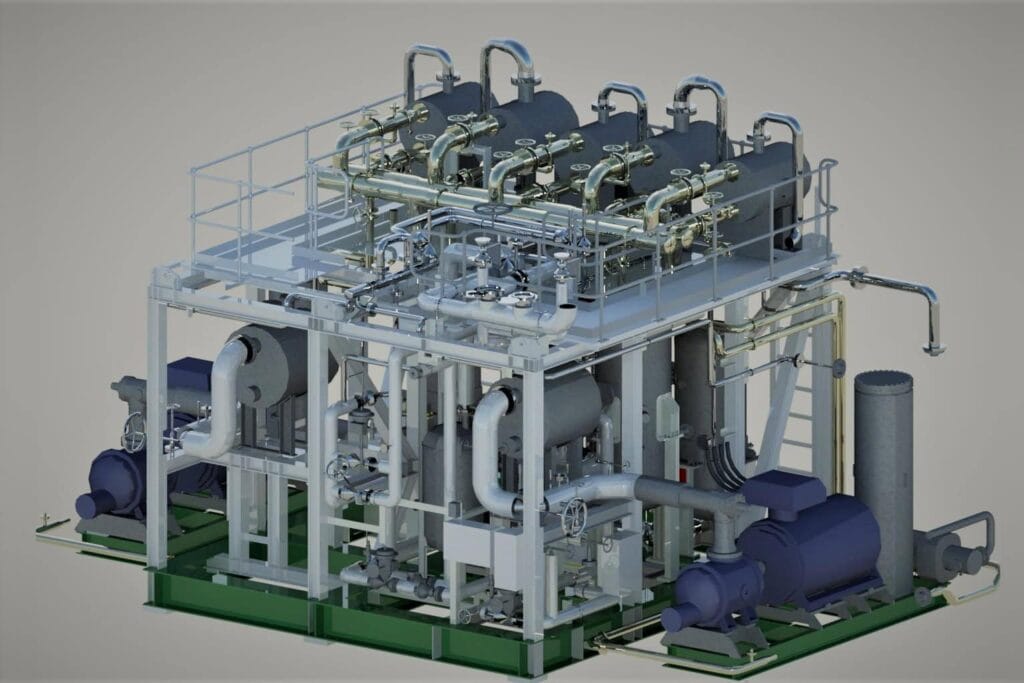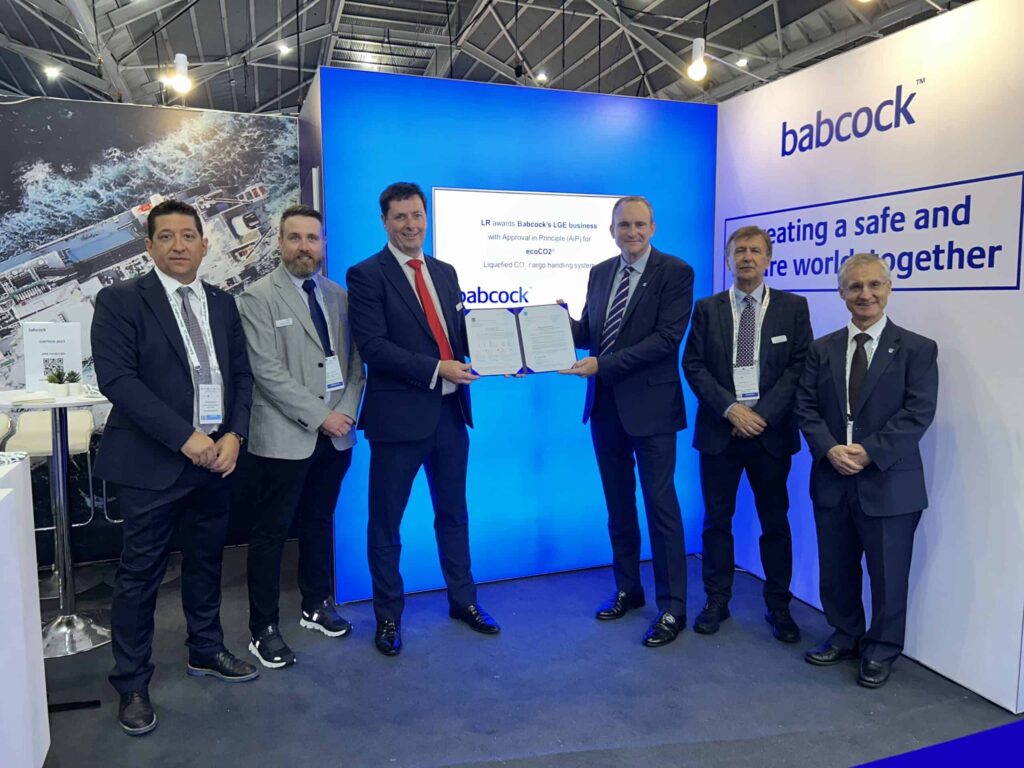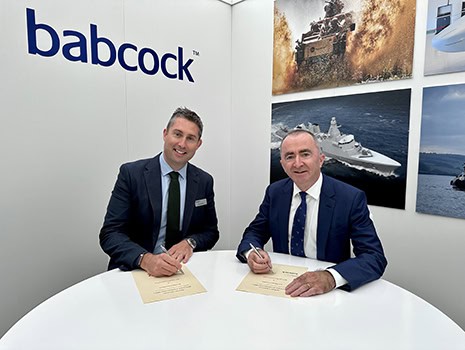Environment
Now more than ever, what we do matters
Our environment priorities:
Smart solutions
We’re supporting our customers by providing smart answers to joint challenges, such as combating climate change. We’re making their mission our mission by developing innovative low carbon products and services and driving this through our value chain to enable further emission reductions as we work towards achieving a net zero future, together.
We’ve signed the MOD Defence Aviation Net Zero Charter, demonstrating our commitment to sustainability in our own operations and to collaborating with our customers and industry partners in achieving common goals.
Learn more about our Gold Sponsor of the CE Dealer Team in the FIA World RX in South Africa, a partnership that represents a commitment to sustainability and resonates with Volvo Construction Equipment’s pioneering efforts in the electric vehicle revolution.
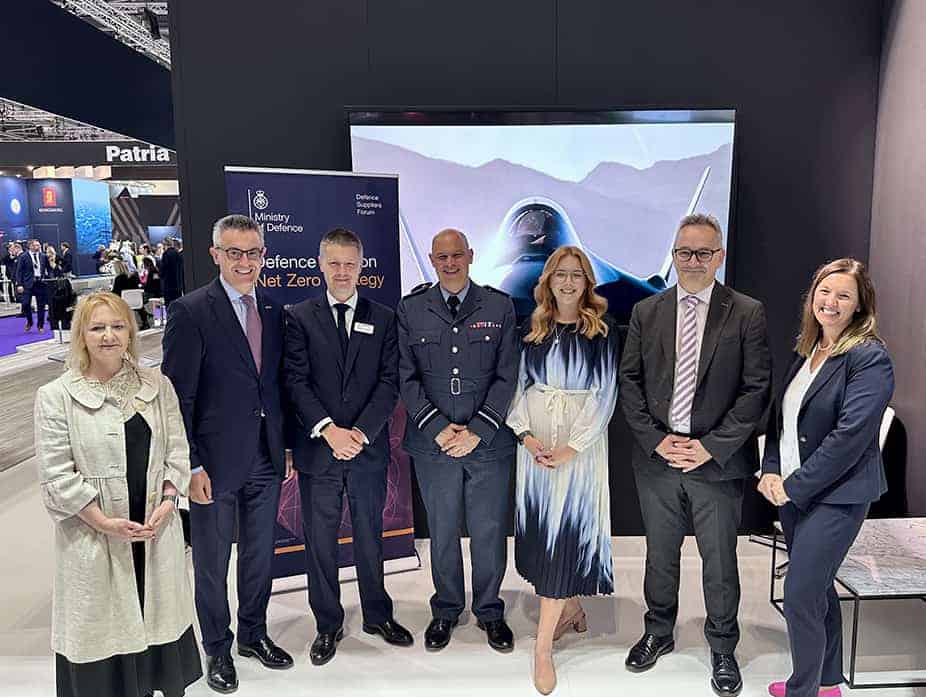
Find out more
Find out about how we’re working alongside the RAF to take a considerable step towards a sustainable future in aviation. Our partnership with Zero to explore how synthetic fuels can be used to power a range of addressable platforms including infrastructure and powertrains. How we’re supporting the British Army with electric vehicle conversion, and exploring the use of hybrid systems in military land vehicles. How we have secured a world-first contract with our innovative ecoCO2® technology solution. And, how we have received Approval in Principle (AiP) from Classification Society Lloyd’s Register for multi-fuel gas supply and CO2 cargo handling systems ecoFGSS-FLEX® and ecoCO2®.
Integrating environmental sustainability
We’re on a mission to integrate environmental sustainability into our programme design to reduce waste, optimise our resources and minimise the impact of our operations.
Biodiversity and the natural environment
We’re committed to both maintaining and enhancing the biodiversity of the ecosystems we interact with, as we strive to protect the environment and adapt to the impacts of climate change. As we work on new initiatives to increase biodiversity across our estate by 10% by 2030, we look forward to ultimately developing a broader natural environmental protection programme in our operations.
Learn more about how we’re supporting a nature positive approach.
Water consumption management
We’re working to manage our water consumption responsibly and reduce our impact on the environment. We’re currently developing water management plans for most of our significant sites by 2024.
Waste reduction
We’re working towards zero controlled waste to landfill by 2025 and eliminating avoidable single-use plastics by 2027.
Watch our Waste Shark hunt the surrounding waterways and attack waste at our Devonport facility.

